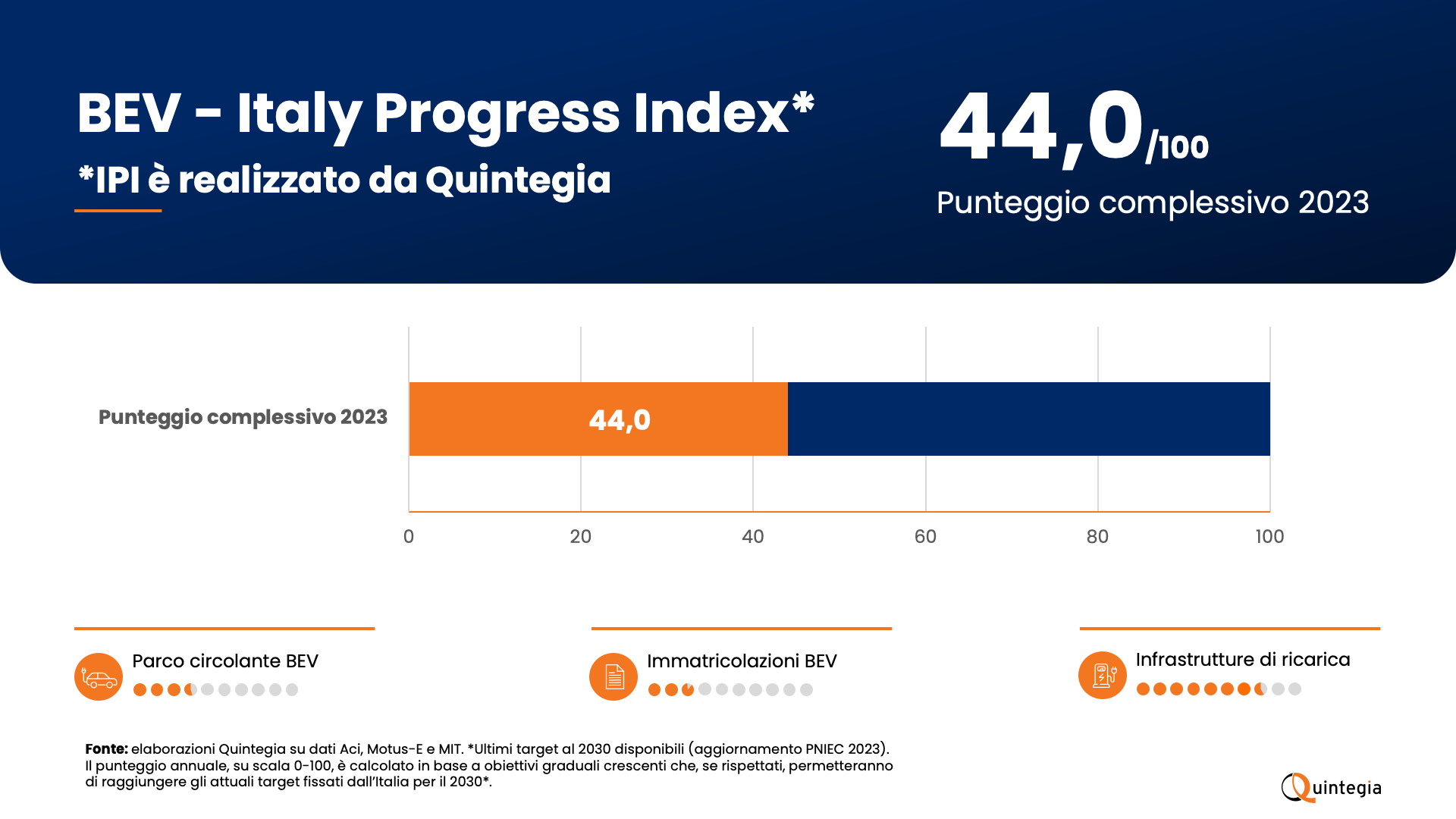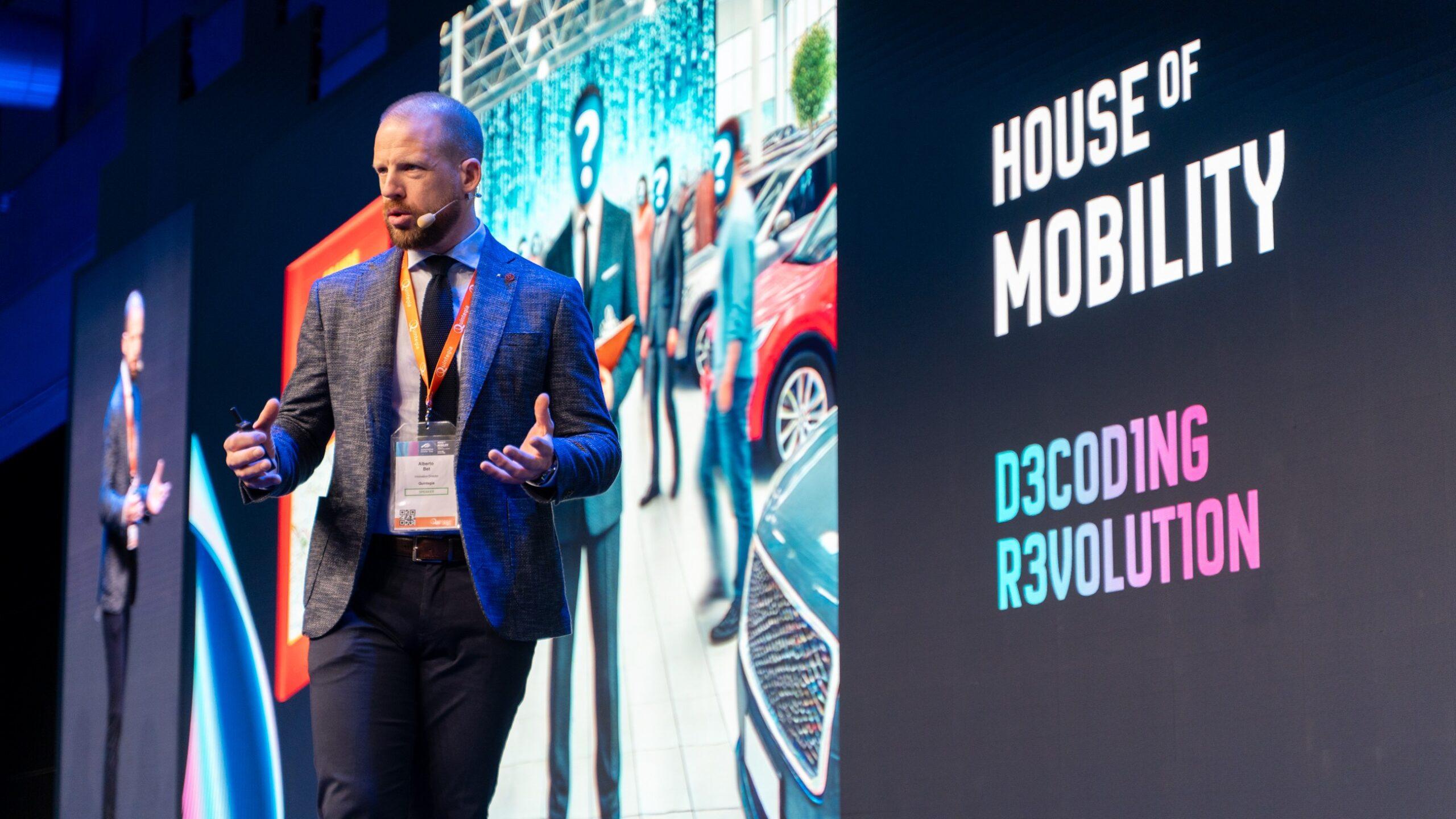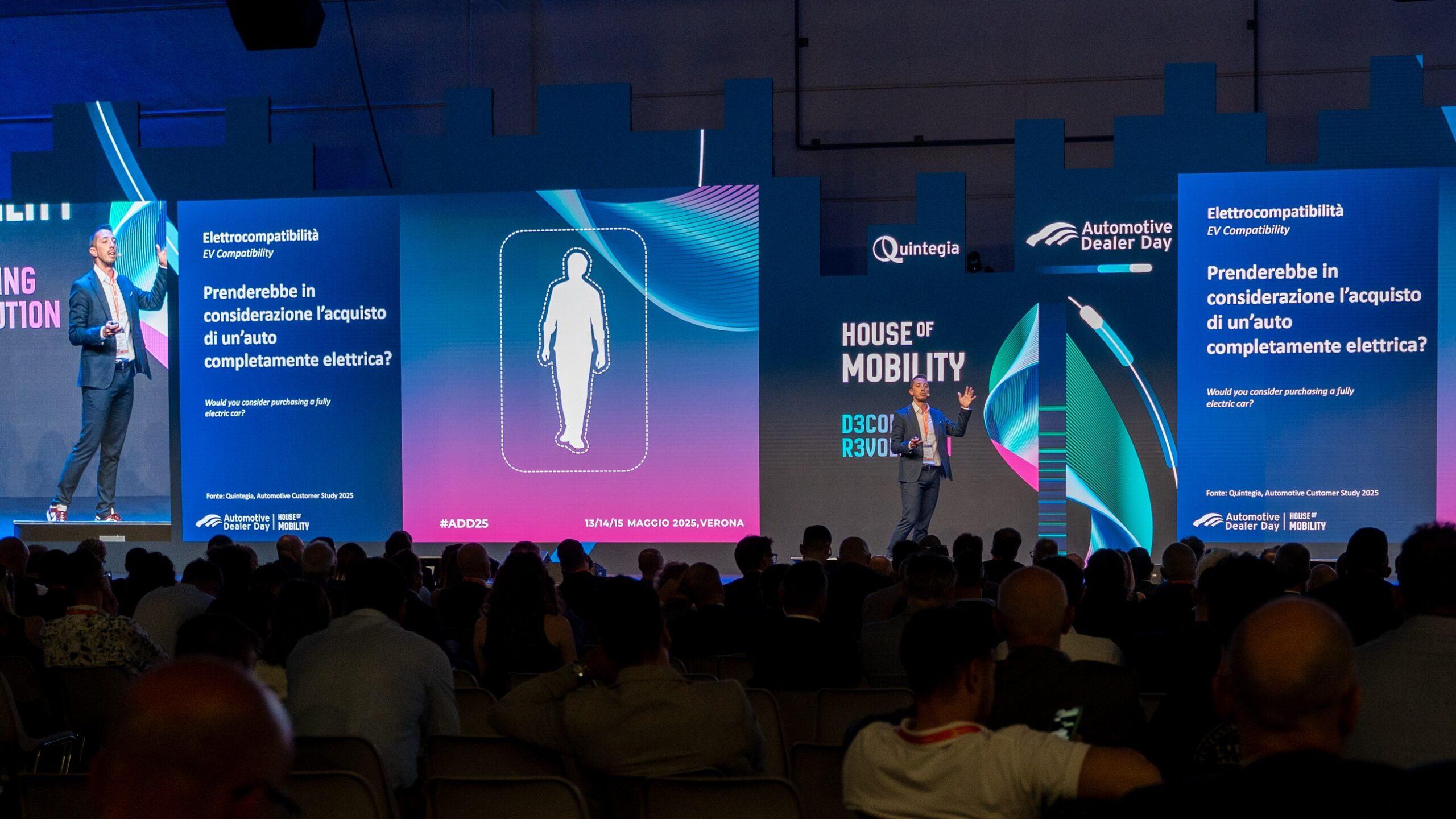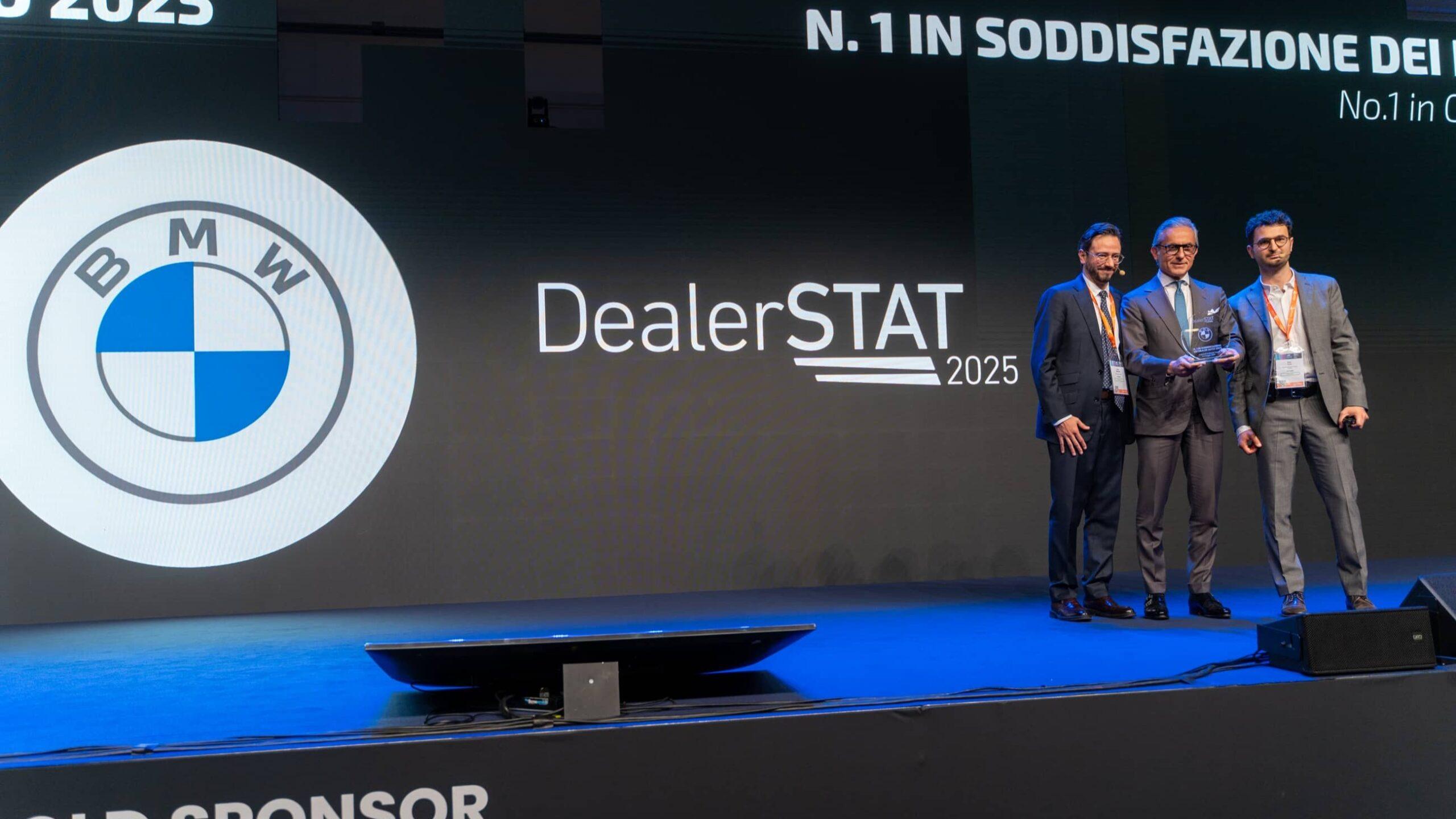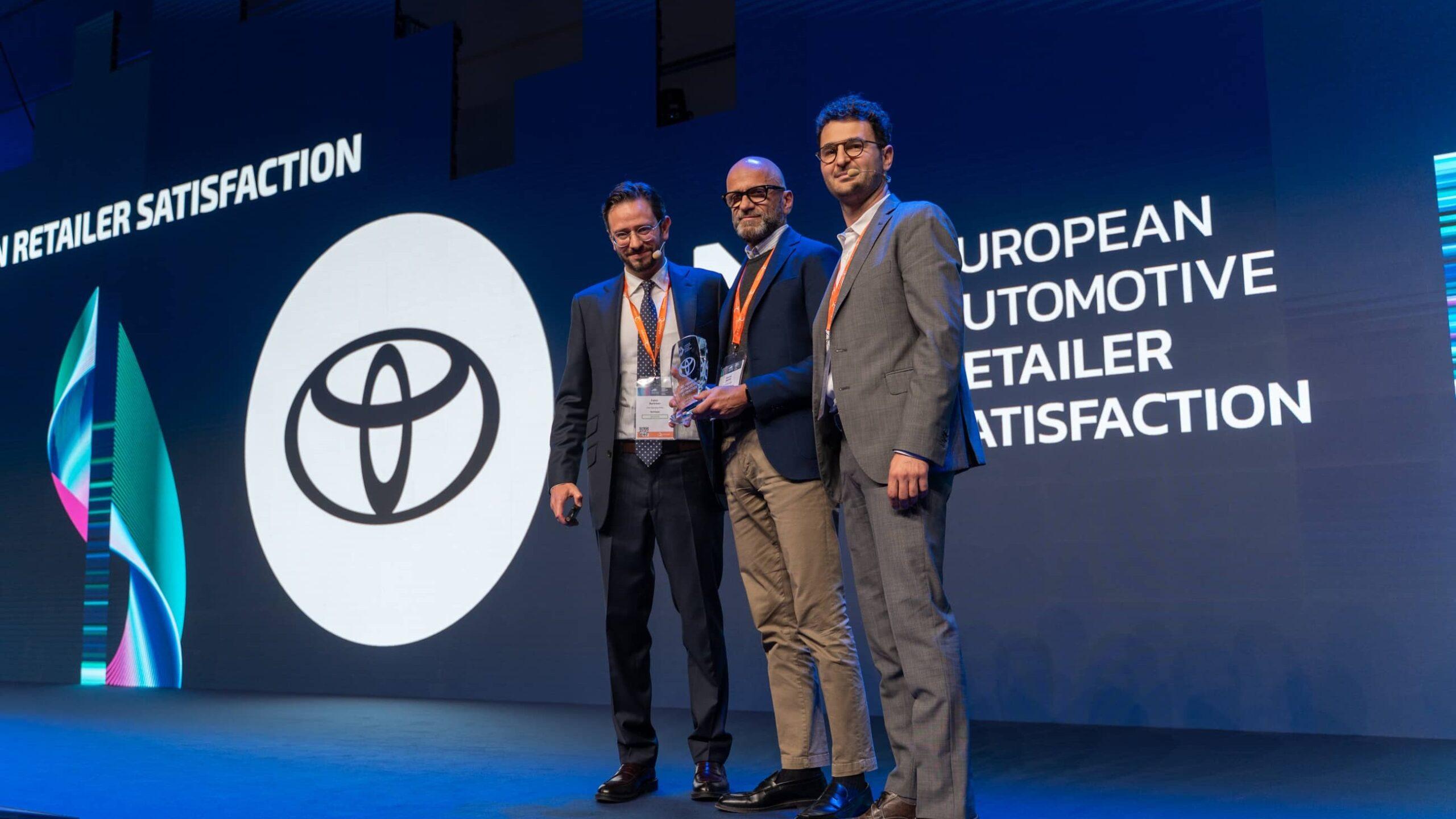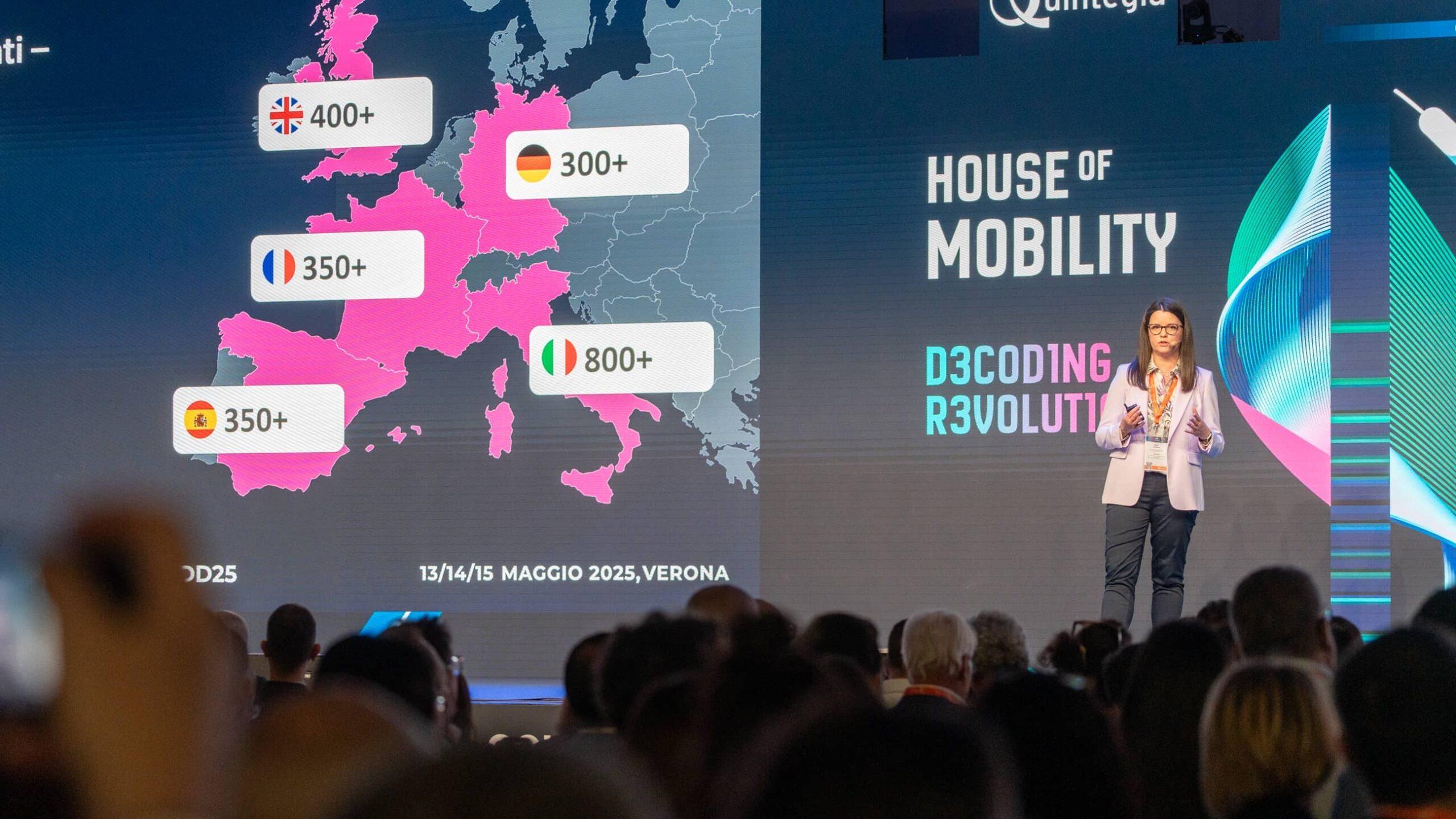Italian dealerships focus on sustainability,
but lack integrated planning with clear objectives.
66% of dealerships in Italy source sustainable and/or self-produced energy from renewable sources. In 21% of cases, environmental goals to be achieved have been identified and are monitored through precise KPIs, indicating that only this portion is well-prepared and attentive in the monitoring and control phase.
Only one-third of responding dealerships declare having a policy for managing diversity, inclusion, and equal opportunities for various categories of employees.
Each employee undergoes an average of 49 hours of training annually. It is considered a “healthy” sector, with 94% reporting no instances of corruption and/or fraud in 2022.
These findings come from Quintegia’s exploratory study on ESG criteria (Environmental, Social, Governance).. It represents a first-of-its-kind mapping of ESG practices among nearly 15% of dealership owners operating in Italy – selected based on geographical area, turnover, and brand portfolio, making it a representative sample of the current situation among automotive distribution players – the study aims to capture the current state of affairs and potential areas of development, which are also crucial for stakeholders.
All in all, to make a leap forward it is necessary to push for internal cultural growth within the company and the development of specific skills, especially considering that the sector is a significant economic driver for the country. In Italy there are 1,155 dealers operating in the mobility sector, generating approximately €48 billion in revenue (a level reached in 2019) and providing 57,000 jobs. Analyzed dealerships continue to play a key role but struggle to structure integrated and broader strategies that involve all elements of ESG. Efforts should be directed in this direction to ensure that economic, historical, social, and environmental changes become strengths and launch pads,” says Tommaso Bortolomiol, CEO of Quintegia.
Environmental
Regarding the control and management of environmental aspects, the overall picture shows that50% of the interviewed dealerships have defined an environmental policy, 81% have a designated person (internal and/or external consultant) managing these issues, and one-third have an environmental certification. However, only 21% have set specific environmental goals that are monitored through precise KPIs. Increasing competencies and vigilance during the monitoring phase will be essential for the future.
Energy efficiency is part of the corporate policy and best practices, directly involving employees in reduction objectives. 66% of dealerships source sustainable and/or self-produced energy from renewable sources. This means that only one in three dealerships has not subscribed to a 100% renewable energy supply contract or implemented a self-production system.
Social
In the area that deals with social aspects the overall picture reveals a deficiency in concrete actions and specific corporate policies related to diversity, inclusion, and equal opportunities.
Regarding the presence of women in managerial roles compared to the total number of individuals holding equally important positions, the percentage stands at 20%. 34% of respondents claim to have policies and/or rules for managing diversity, inclusion, and equal opportunities for various categories of employees. Relevant is the fact that only 5% communicate these actions externally.
The automotive industry’s epochal changes must be accompanied by the consolidation of development and skills. An annual training plan involving all company functions is present in 66% of cases. Each employee undergoes an average of 49 hours of training annually. Awareness of sustainability-related topics is growing but not enough: specific training on all dimensions of the subject is only carried out by 11%.
Governance
In the area of governance, there is a broad path to improvement. The 52% have not obtained any voluntary certification for their quality, environmental, health, safety, social responsibility, and energy management systems. However, 65% have adopted an internal ethical code and/or code of conduct.
As for ethics and corruption, the environment can be described as “healthy”: In 94% of cases, there were no instances of corruption and/or fraud in 2022.
For more information on the ESG mapping of dealerships in Italy, please contact us here.




